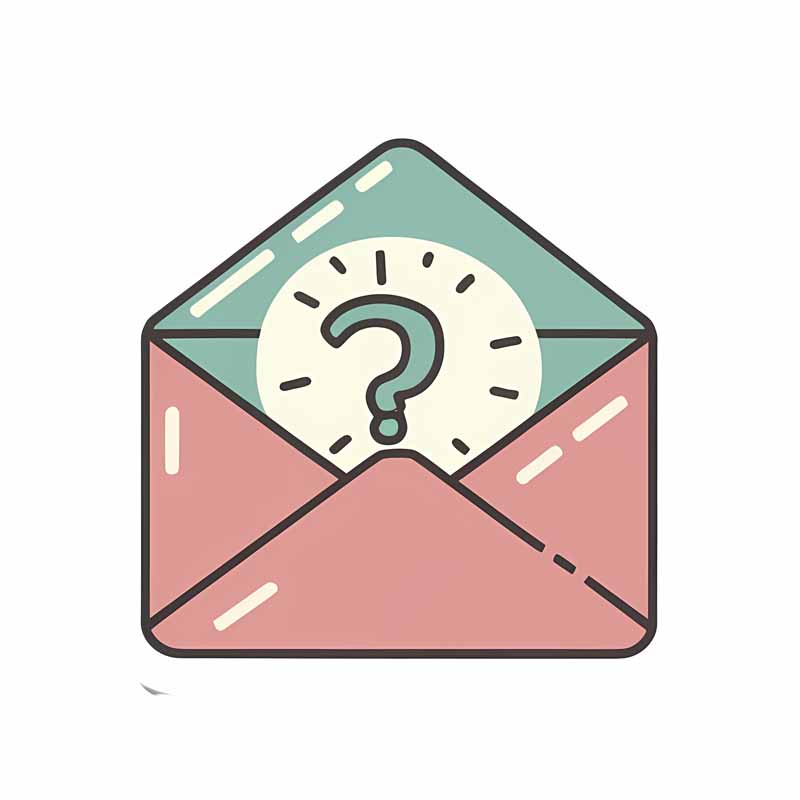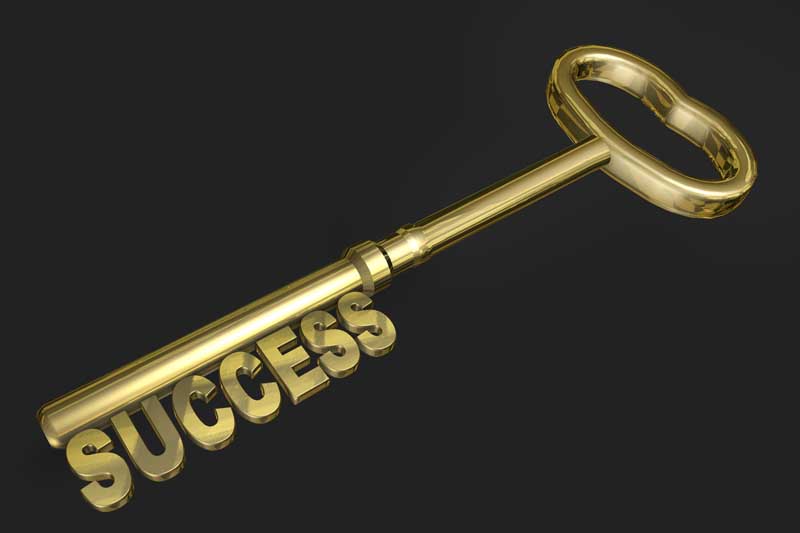Decision-making skills and their implementation
Neuroscientists examined brain activity during a simple decision-making experiment and found that people typically made decisions 10 seconds before they became aware of them.
We still have the Stone Age brains of our ancestors, which are filled with emotions, have incomplete memories, and have a short attention span. Our brains never have all the facts to make the “ideal” decision.
From here, the story gets worse. Sometimes, we even make decisions without knowing.
How can we hope that we have made the right decision?
In reality, the situation could be better. We make decisions in our lives every day. The world is changing, and we feel that we are in control of it.
Fortunately, neuroscience has made us aware of the defects and deficiencies of the human brain. Knowing these weaknesses, we can use a simple strategy to overcome them.
1- Pay attention to our instinct, but don’t let it dominate us.
We have developed our instincts for a reason. They work well. For our Stone Age ancestors, the ability to make a quick decision could have been the difference between being eaten by a wild tiger and being hunted by that tiger.
But how many tigers have you come across lately? The fact is that in this age, there is no need for such quick decisions. But again, you cannot stop making these decisions. Don’t fight it, but don’t settle for it either. Let’s ask ourselves, “Why did I think this?” or “Why did I feel that way?”

2- List our options.
The brain is the most powerful computer, but it is incapable of multitasking. Having more than seven different thoughts simultaneously is difficult, and it is impossible to focus on two simultaneously. We don’t crash and wreck our cars when talking on our cell phones while driving because we can quickly change our focus. But much slower and careless than when we did each one alone. For the decision we want to make, list all the available choices and options, put them out of our minds, and devote time to consider each one alone.

3- Rewrite the questions.
Do you know what it takes to be a full-fledged scientist? Getting great grades or memorizing things is not enough. It is important to ask the right questions. Whatever problem we have, try to write it in three or four different ways. We must force ourselves to look at that problem differently and think we can find different solutions.

4- Predict the date.
Our memory is not as good as we think, so we don’t remember how bad it can be. These selective memories make us remember who we talked to today but not what we had for breakfast last Wednesday.
Using history to make decisions requires remembering what happened the last time we were in a similar situation. Let’s go slowly and check our memory well. We should not only remember our victories but forget our failures.
5- Remember that time is on our side.
We should distance ourselves from the feelings of that moment. Of course, it is impossible to do this immediately, but the best solution is to leave some distance between now and when we want to decide.

6- Let’s see this as an experiment.
The human brain is not isolated. It is designed to function in social situations with peers. As a result, we spend a lot of time and energy on teamwork and relationships with our friends. Imagine that we will be graded for our decision and automatically pay more attention to it. Let’s write why we decided and then think: “This is a test. I get over it and don’t have another chance to change it. Others are going to see my decision and give it a grade.” This makes us think more about the reason for our decisions and discard weak plans and views.
7- It is rare knowledge.
Let’s find the “forgotten” times and see why it was that way. Everyone knows that you should not swim after eating, but why? Is it the same for everyone? Question our imaginations and judge whether it will apply to us or not.

8- Make the decision.
Do you want to decide about your job status or what cheese brand to eat for breakfast? Not all decisions are equal, so don’t waste your time. Following steps 1 to 9 is optional for every breakfast.
9- Implement the decision.
We can analyze and re-examine our decisions infinitum. But finally, we have to stop them once and for all. Make them real; write them down. When our decision comes out of our brain and into the real world, our brain stops considering different options and moves on to the next task.
Remember that the perspective of our brain is not a logical place. We don’t have to force our brains to follow steps 1 through 9. The best decision we can make here is to follow the steps we like in any order. Whatever we do, the key to making the best decisions in life is to want.

10- Have big interests and dreams in your head.
Take a moment to think about your greatest hopes and dreams. Take a few days to think about what you want to achieve in life. Ask yourself what your ideal life would be like. Write down any answers that come to mind. Some answers will be more realistic than others, but they can still help you figure out what you want. But also think that unexpected events may happen that you did not even think about before.
These events may be good or bad. So if such events happen to you, don’t blame yourself because you didn’t plan for them. In fact, by thinking about your hopes and dreams, you can make the best decisions and plans to reach them as far as possible.

11- Try to look at your life and the events around you.
Consider the options before you. There are many paths in life, but not all are realistic or attainable, and not all are fulfilled. So try to think about what you can and cannot do. Then, look at them realistically, away from despair, and have a positive view of them by considering the glass half full.
Next, consider your values. What is important to you? Considering what position you want to reach, what you see yourself doing, and by what standards you want to continue your life, Try to make a decision.
Consider your skills and what you want to learn. Are you great at talking to people? Do you have a calculating mind? Are you good at putting things together or at diagnosing them? Do you want an academic education to pursue a specific career path?
Consider your financial situation. Do you have money saved? Do your parents pay for everything? Can you afford classes, or live alone, or travel? Many of the good things in life may be free, but money can be an invaluable tool in getting where you want to go and making decisions about your future.
Try to ask yourself all the questions mentioned and answer them completely realistically. Finally, make a decision with them in mind because the decision you make for your future should be based on your personal and personality limitations.

12- Think about everything important to you, then decide.
Do you want to live in a big city or a small town? Do you want to have a baby? Do you want to be famous? Do you want to dedicate your life to a cause or want to be happy? Determine what is important to you and let that guide you. Then, adjust your decisions based on these priorities and prioritize the more important issues.
13- Make a list of the tasks that come to your mind.
Write down ten things you imagine you can do in life. These include anything you can think of, like pilot, fireman, teacher, writer, driver, carpenter, neurologist, or anything else. Read your list and see which option you have more talent for. Separate the realistic options from your fantasy and choose two or three ideas to explore: a firefighter or driver.
With this trick, reduce the content of your list bit by bit and consider how realistic each option is. Be honest with yourself and cross off the things you will never do. Another way to reduce the content of your list is to write and list the pros and cons of each idea. For example, to become a driver, you need a lot of patience, but you are not patient. But you have a good command. Then, by balancing the advantages and disadvantages of each, you can cross them off your list.
For example, if you like the prestige of being a neuroscientist but know you don’t have the heart to work as a doctor, you won’t be able to become a full-fledged neuroscientist. Of course, that doesn’t mean you can’t study neuroscience, volunteer for cognitive research studies, or study it in your spare time.
If you like the sound of a fire engine and can actually imagine yourself being a firefighter—you’re strong and fast, you can stay calm under pressure, and you can control the situation in times of danger—we have to say this idea is a good option for you. So you can research and learn how to become a successful firefighter. Also, you can get information about this in online forums and sites where firefighters are active; ask them your questions and ask for guidance.

Therefore, by eliminating the ideas that are less suited to your characteristics, you can come up with a limited number of ideas and then make decisions based on them. This will actually organize your mind to make decisions, and you will be able to know your abilities better.

Leave a Reply